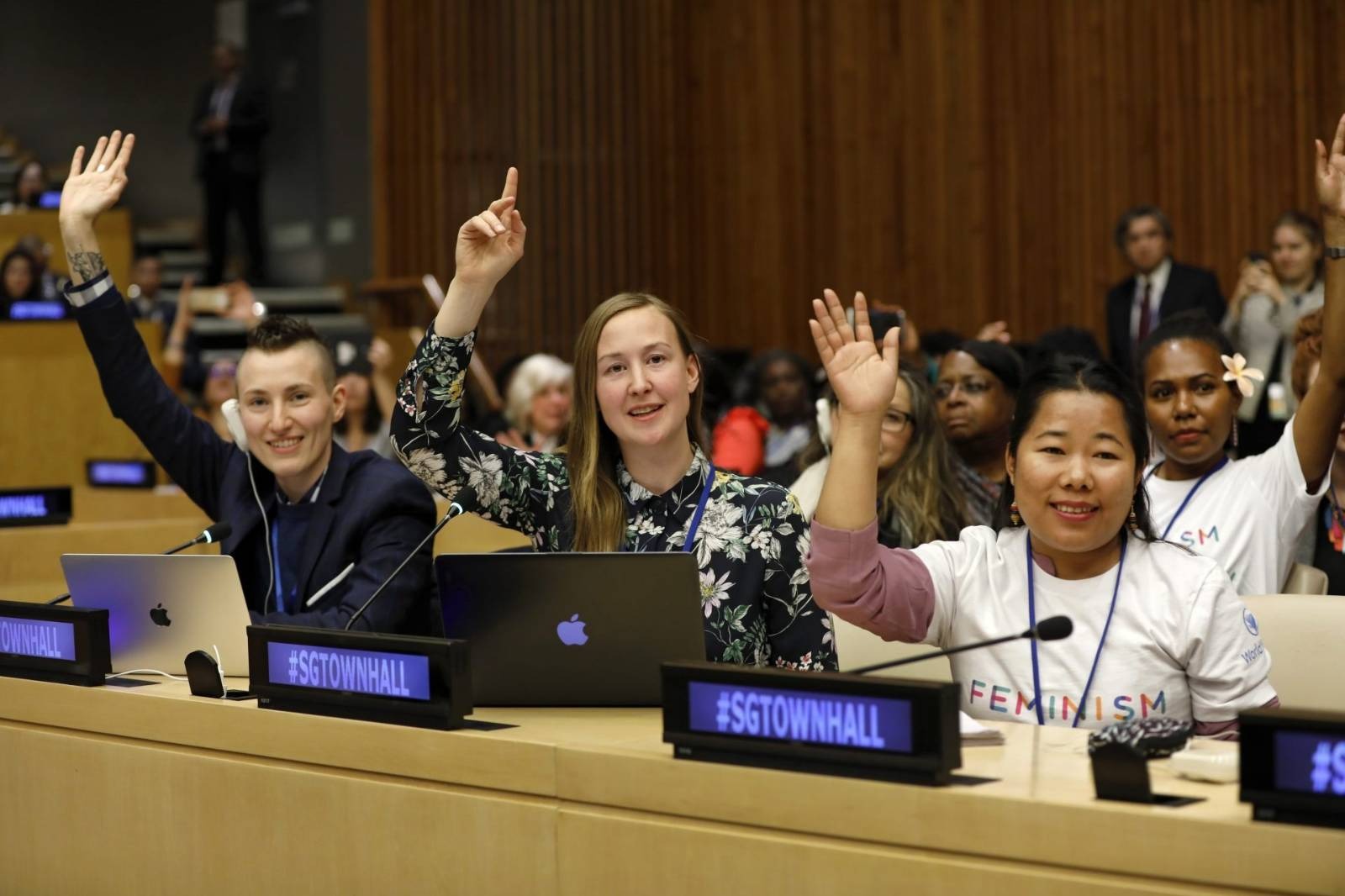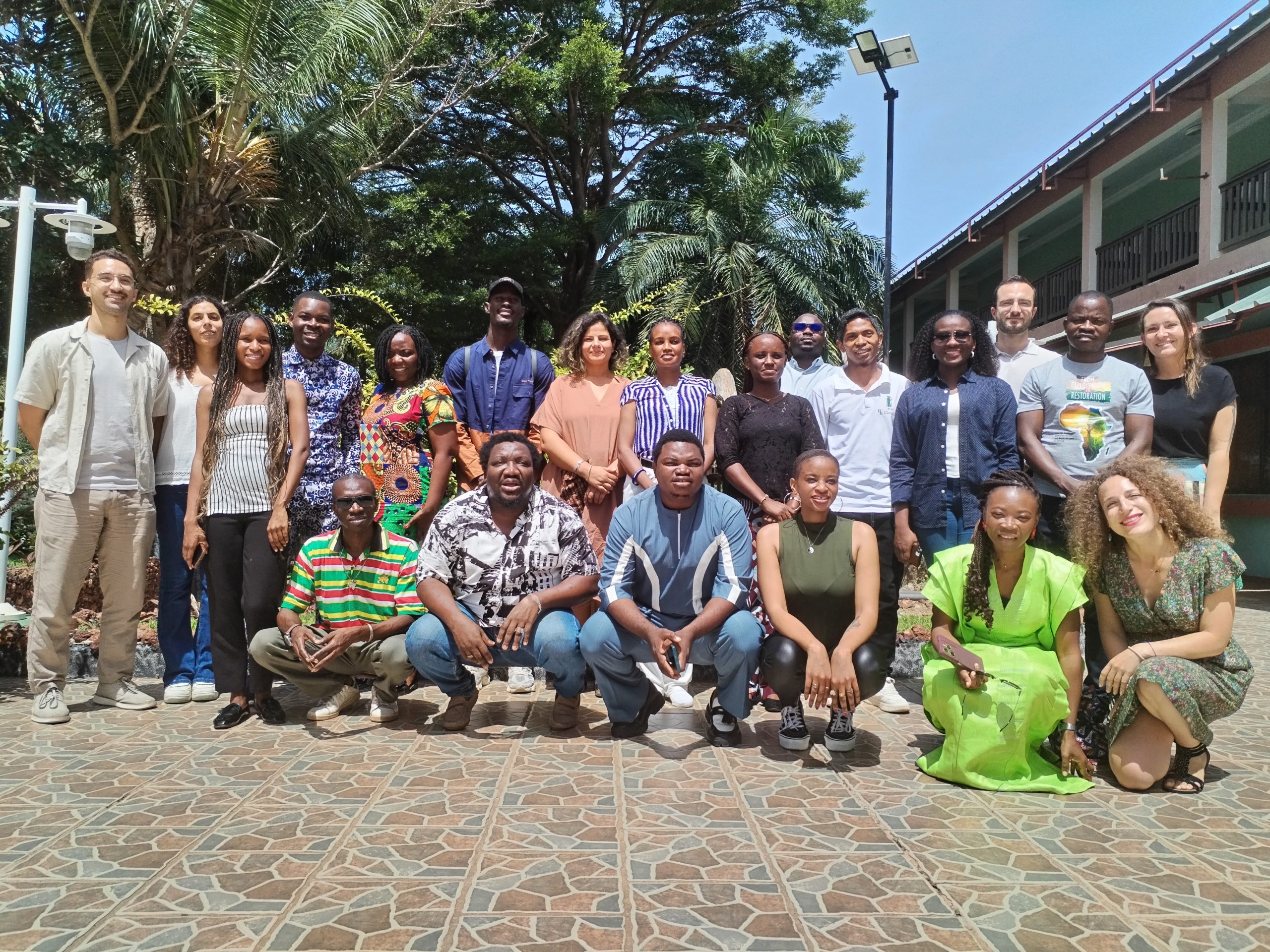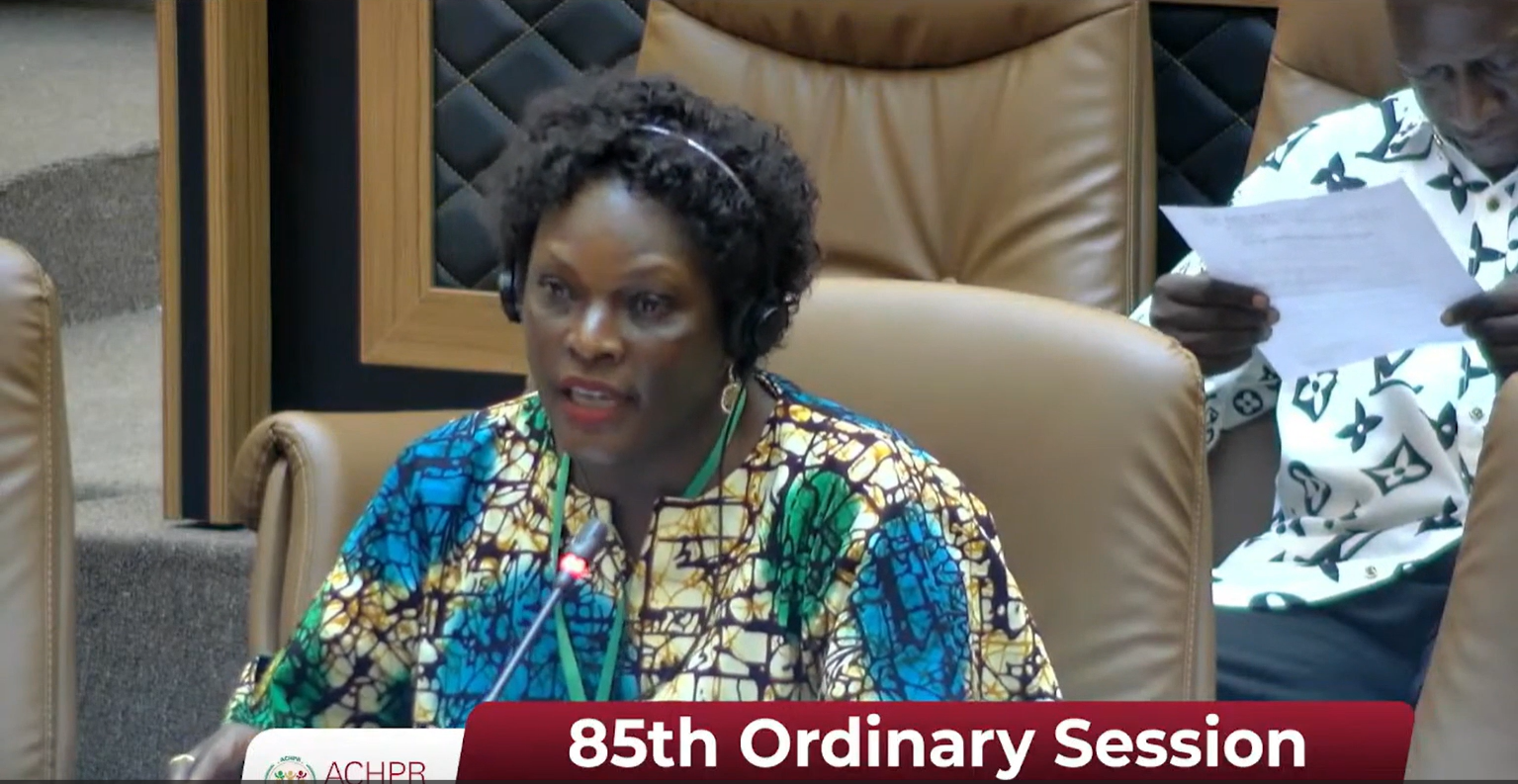We now know the list of candidates for membership of the Committee on NGOs. It is as follows:
- African States: 5 candidates (Algeria, Cameroon, Eritrea, Liberia and Mozambique) for 5 seats.
- Asia-Pacific States: 4 candidates (Bahrain, China, India and Pakistan) for 4 seats.
- Eastern European States: 3 candidates (Armenia, Georgia and Russia) for 2 seats.
- Latin-American and Caribbean States: 4 candidates (Chile, Costa Rica, Cuba and Nicaragua) for 4 seats.
- Western European and other States: 4 candidates (Israel, Turkey, UK and US) for 4 seats.
The civic space in 60% of candidate States is characterized as being ‘closed’ or ‘repressed’ civic space, by NGO Civicus in their Monitor Tracking Civic Space. These include all of the candidates for the Asia-Pacific region. The civic space in the other 40% of candidate countries is described as ‘obstructed’ or ‘narrowed’.
The line-up prompts several reflections:
i/ That regional groups are still unwilling to take the promotion of civil society seriously and evaluate candidates in light of their human rights records, including in regard to the promotion of the rights of human rights defenders, and their records of cooperation with the UN.
ii/ That the space for civic space is narrowing as a result of actions by the State. A recent Police, Crime, Sentencing and Courts bill in candidate State, the UK, for example, has been widely criticized for putting the right to peaceful protest under threat.
iii/ That there are three candidate States whose human rights records are particularly egregious. China, Eritrea and Russia are standing as candidates for the NGO Committee. What makes them stand out as wholly unfit to be members of the NGO Committee (or any UN body) is that:
- They have committed gross and systematic human rights violations that amount to crimes against humanity, and alleged war crimes in some instances, in regard to which impunity reigns (on China, Eritrea, Russia).
- The space for civil society to operate in these countries is highly restricted and repressive (on China, Eritrea, Russia).
- In addition, that cases of reprisals carried out against human rights defenders from China and Russia regularly feature in the UN Secretary General’s annual report on reprisals and intimidation against individuals and groups seeking to cooperate with the UN on human rights.
ISHR believes these States should not be considered as candidates. All bar one regional slate is currently non-competitive. States should stand to challenge the candidacies of States that are wholly unfit for membership.
No ECOSOC member should vote for a State with such an egregious human rights record. It flies in the face of common decency to do so. Voting for such a State makes a mockery of the human rights system. It places the body responsible for overseeing the relationship between civil society and the UN, and accrediting NGOs, in the hands of those who actively work to gag, silence and terrorize defenders.
States must elect to stand up for civil society. The elections on 13th April matter.




